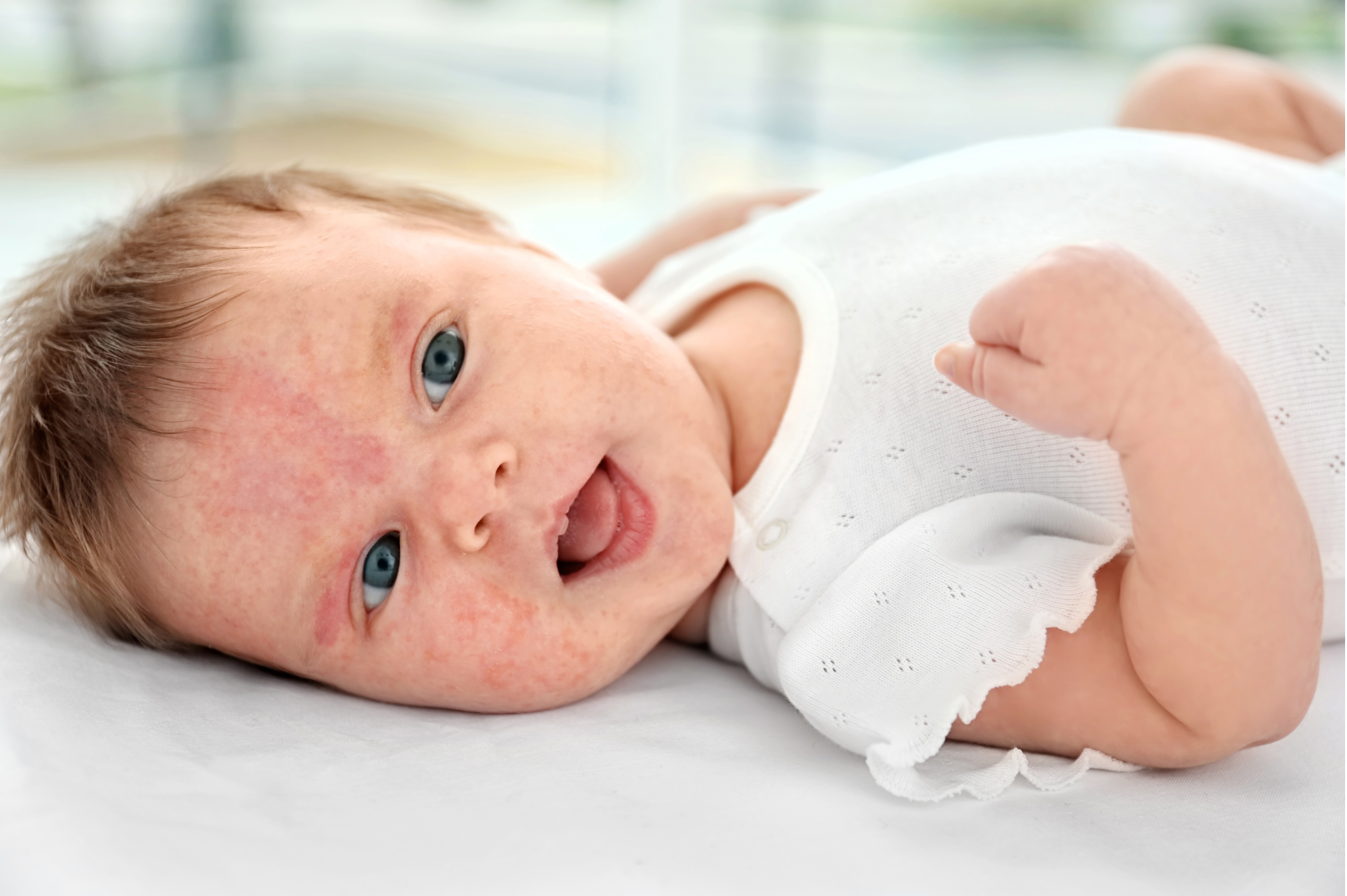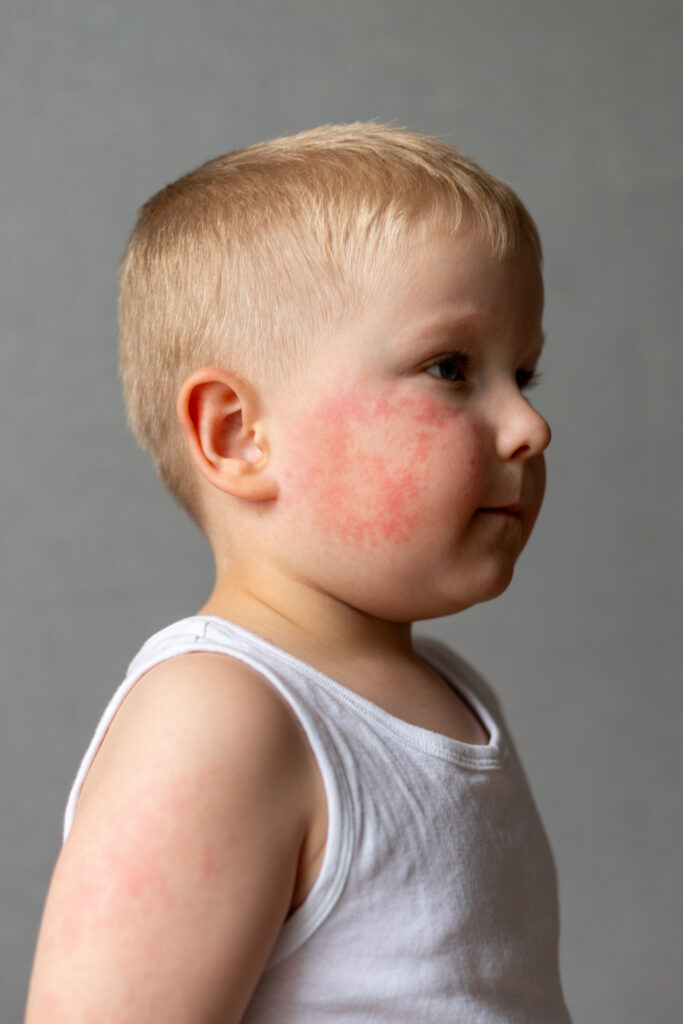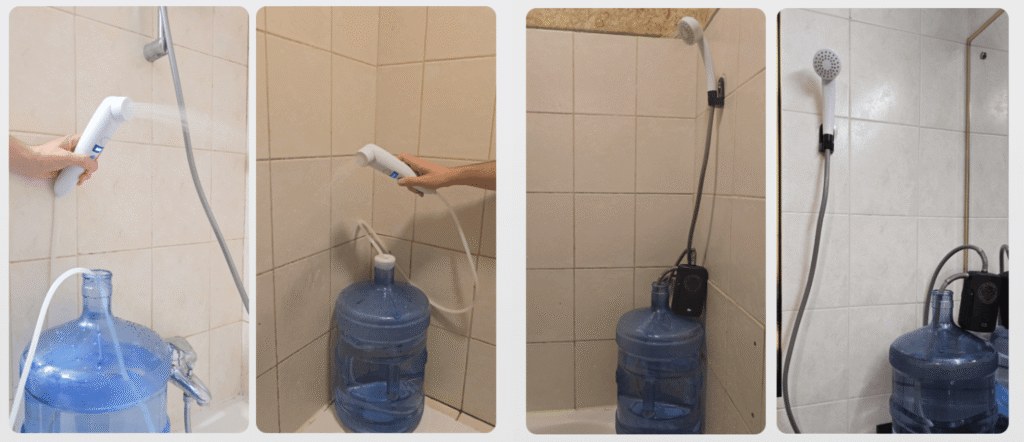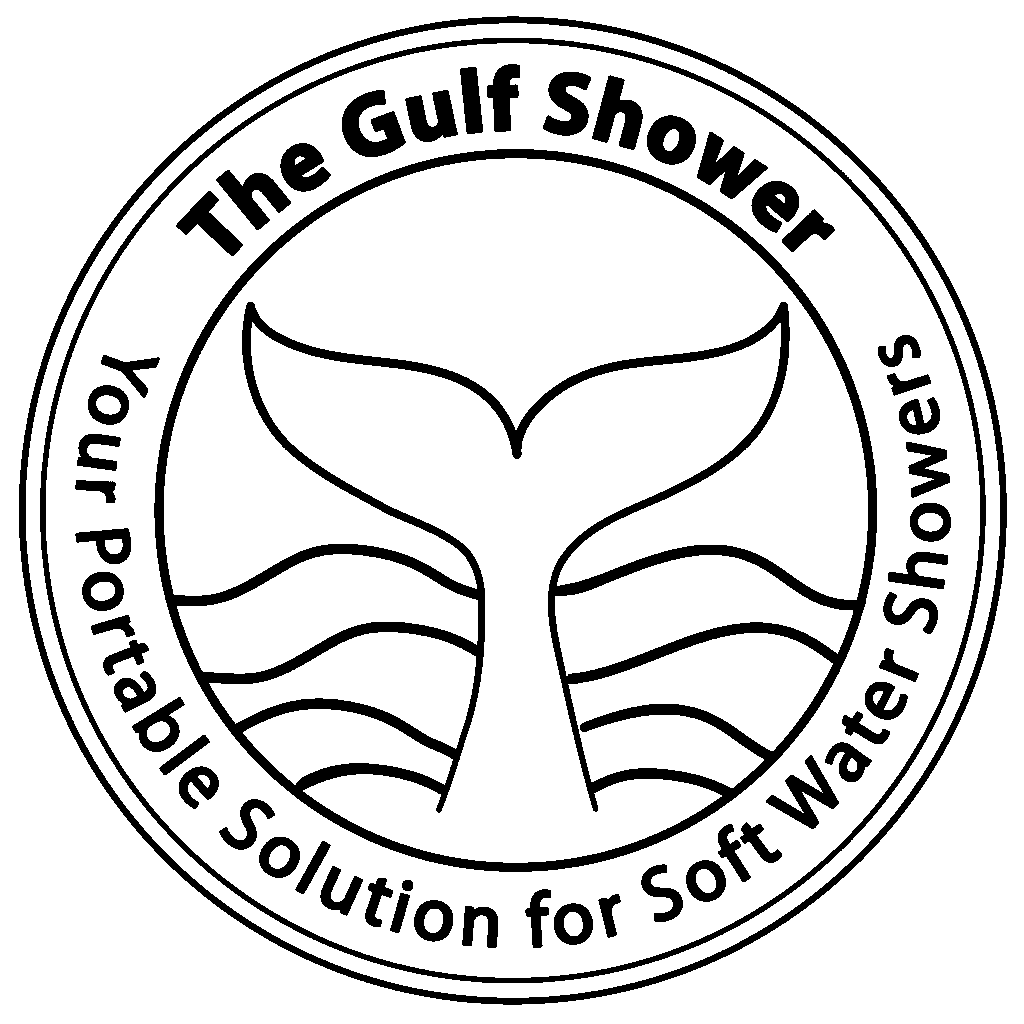
Eczema after bath time can leave both you and your child feeling frustrated. One moment they’re calm and happy, and the next? Red, itchy, and upset—all while you wonder what went wrong.
You’ve tried everything: changed the body wash, switched towels, applied creams, and avoided hot water. Yet, their sensitive skin still flares up.
But here’s the thing—many parents in the UAE overlook the simplest part of the bath routine: the water itself.
Why the Water May Be Irritating Their Skin
Across the Gulf, tap water is naturally high in minerals like calcium and magnesium—commonly referred to as hard water. While it’s perfectly safe for adults, children’s skin is thinner, more sensitive, and more reactive.
For kids with eczema, this seemingly harmless factor can make all the difference.
Hard water can:
-
Leave a residue on the skin, making it feel dry and tight after a bath
-
Disrupt the skin barrier, which is already compromised in eczema-prone children
-
Reduce the effectiveness of gentle cleansers or moisturizers applied afterward
And the reality is—you’re already doing so much right. But if the water itself is working against you, even the best skincare routines may not provide the relief you’re hoping for.

How to Make Bath Time Gentler for Eczema-Prone Skin: 4 Simple Changes
1. Rinse with Bottled Water or Fresh Mineral Water
Using low-mineral bottled water for rinsing—especially during the final rinse—can help prevent the dryness and irritation hard water often causes.
A portable water pump like The Gulf Shower makes this easier than ever. You can quickly connect it to drinking water gallons without needing any plumbing changes. With a soft, steady water flow, rinsing becomes more comfortable for your child and stress-free for you.
Even if you don’t replace the entire bath with bottled water, using it for the final rinse can make a noticeable difference in how your child’s skin feels afterward.

2. Keep Baths Short and Warm (Not Hot)
Stick to quick baths—5 to 10 minutes is ideal. Hot water may feel relaxing in the moment, but it dries out sensitive skin, and long baths can strip away the skin’s natural protective moisture—even when using eczema-friendly products.
Warm, not hot, water helps maintain hydration levels and keeps bath time soothing without triggering irritation.
3. Apply Moisturizer Immediately After
Right after drying (remember to pat, not rub), apply your favorite eczema-safe cream or emollient. Doing this within 2 minutes of finishing the bath locks in hydration and helps maintain the skin’s natural barrier.
For better results, use a thick moisturizer that contains ceramides or colloidal oatmeal—both known for calming inflamed skin. And if your child’s eczema is severe, consult your pediatrician for prescription options that provide longer-lasting relief.
4. Try Gentle Water Play
If your child loves splashing but dreads the sting afterward, consider setting up a small basin filled with bottled water for face rinsing and final pours.
This keeps bath time fun and interactive while reducing the chances of post-bath flare-ups. It’s also a great way to gradually rebuild positive associations with bath time if your child has come to fear it.
Bonus Tip: Consider Your Baby’s Bath Products Too
While adjusting water quality is critical for minimizing eczema after bath time, don’t overlook the bath products you’re using. Even products labeled “gentle” may contain ingredients that are too harsh for eczema-prone skin.
Choose fragrance-free, hypoallergenic cleansers and skip the bubble baths altogether. And when in doubt, simpler is often better—sometimes plain bottled water rinses alone are enough to keep your child clean and their skin calm.
You’re Not Failing. Their Skin Just Needs a Little Less to React To.
Parenting a child with eczema is emotional. You want to help, to fix it—but sometimes, less really is more.
Less heat. Less time. Less mineral-heavy water.
Making small changes to your bath routine can help reduce eczema after bath time flare-ups and bring comfort back to your child’s daily care. And bath time can become something they actually look forward to again—not something you both dread.
If you’d like more expert advice on caring for sensitive skin, the Mayo Clinic offers helpful guidance on healthy baby skincare routines that can support your efforts at home.

